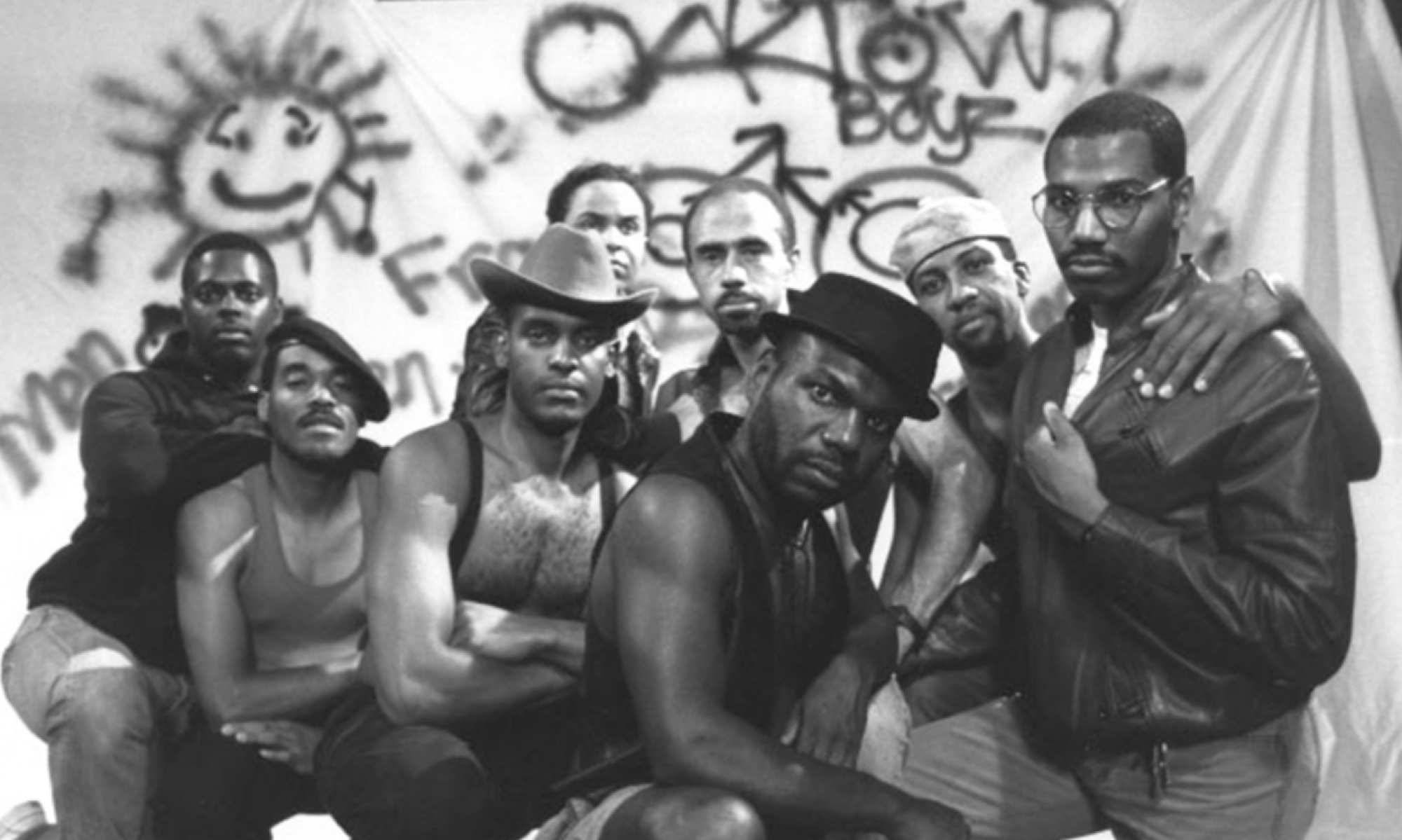Since reading and discussing bell hooks’ “Visionary Feminism” chapter from Feminism is for Everybody: Passionate Politics, I have been thinking about the production and democratization of knowledge. In her text, hooks places particular emphasis on feminist education and literacy. Though upon cursory glance, it may seem that hooks advocates for a sort of feminist school, feminist college, or feminist educational program, but I also found hooks’ writing especially striking in her ideology, which recognizes the intimate connection between knowledge and revolutionary power. hooks writes: “a fundamental goal of visionary feminism was to create strategies to change the lot of all women and enhance their personal power (hooks 111).” She then identifies “mass-based feminist education for critical consciousness (hooks 113)” as a means towards the realization of personal power. I interpret hooks’ visionary feminism as one that recognizes individuals, especially women who are historically marginalized and disenfranchised, as producers of knowledge and therefore, experts of their own lives, experiences, and oppression. hooks’ vision of feminist literacy/feminist education runs counter to the narratives about women that are represented in media produced by dominant society.
To understand ordinary individuals as producers of knowledge is to assert that individuals have authority, agency, and power. For me, when hooks writes that “radical visionary feminism encourages all of us to courageously examine our lives from the standpoint of gender, race, and class so that we can accurately understand our position within the imperialist white supremacist capitalist patriarchy (hooks 116),” hooks underscores how our complex identities and varied experiences culminate in the formation of unique epistemological value. Understanding our position in relation to oppressive forces of power (imperialism, white supremacy, capitalism, patriarchy) can actually help us to feel less powerless in the face of these domineering structures. Drawing upon our personal experiences and sharing such experiences with others is a methodology of solidarity-building and liberational pedagogy; actively learning from each other is a way to counter those who hold structural power and own the means to mass cultural production (the wealthy, white people, men) and subvert the power dynamic between the roles of teacher and student.
This aspect of hooks’ visionary feminism finds resonance in the films that we’ve watched in class, including but not necessarily limited to Janie’s Janie (1971), Lizzie Borden’s Born in Flames (1983), United in Anger: A History of Act Up (2012), and Alexandra Juhasz’s We Care. In each of these films, I was struck by the way in which the filmmakers made deliberate choices to center and make visible the experiences of those who are typically ignored. In Janie’s Janie and Born in Flames, it is everyday women who are shown teaching and learning from each other through the sharing of their experiences. In United in Anger and Juhasz’s We Care, the attention is directed to people living with AIDS and their caretakers, family, friends, and activists. I was especially reminded of bell hooks when watching the sequences in We Care that described myths and truths about people living with AIDS. The refusal to focus exclusively on doctors as the authority figures on AIDS was powerful in that We Care, alongside United in Anger, instead identified people whose lives have been touched by AIDS as authority figures in their own lives, experiences, and illness.
Both Born in Flames and United in Anger show disruptions of mainstream newscasts (one in a fictionalized America and one at CBS in the 90s) and these interruptions serve as an explicit middle finger to mainstream media and an affirmation of how those who are pushed to the fringe can in fact understand the fringe space as a productive space of creativity, power, and solidarity. In thinking about hooks’ visionary feminism in relation to these films, one can understand film as a medium through which popular education for feminist literacy and liberation can be realized.
